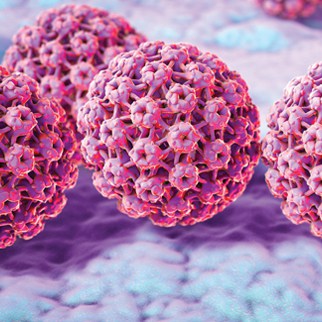The World Health Organization’s Strategic Advisory Group of Experts on Immunization (SAGE) announced that there is enough evidence to conclude that a single dose of Human Papillomavirus (HPV) vaccine will protect girls ages 9 to 20 years from cervical cancer. If the recommendation is adopted, it would halve the doses needed for girls and young women, which could dramatically help increase the use of HPV vaccines in low- and middle-income countries.
The panel said that in women 20 years of age and younger, one or two doses can be used; women 21 and older should receive two doses 6 months apart; and immunocompromised women should get at least two, but preferably three, doses. SAGE recommends the same dosing for boys but advised that while global HPV vaccine supply challenges exist, girls should be prioritized. HPV vaccines are highly protective against a number of cancers, including anal and some head and neck cancers.
More than 95% of cervical cancer is caused by sexually transmitted HPV; cervical cancer is the fourth most common type of cancer in women globally, and 90% of affected women live in low- and middle-income countries. A statement issued by SAGE urged all countries to introduce HPV vaccines and prioritize multi-age cohort catch up of missed and older cohorts of girls. These recommendations will enable more girls and women to be vaccinated and thus prevent them from having cervical cancer and all its consequences over the course of their lifetimes. SAGE recommends updating dose schedules for HPV as follows:
- One- or two-dose schedule for the primary target of girls 9 to 14 years of age
- One- or two-dose schedule for young women 15 to 20 years of age
- Two doses with a 6-month interval for women older than 21
Immunocompromised individuals, including those with HIV, should receive three doses if feasible, and if not, at least two doses.






